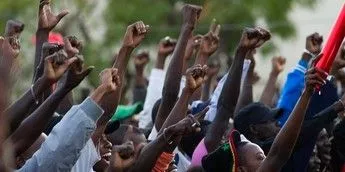
The United Nations' 17 Sustainable Development Goals (SDGs) aim to address a wide range of environmental and socioeconomic problems by 2030. Developed in 2015, the Sustainable Development Goals (SDGs) are a framework for building a more sustainable and equitable society.
As it relates to the United Nations Agenda 2030 Sustainable Development Goals, progress according to the Financing Africa report has generally been slow.
The report reveals that the path to progress was severely hampered by the 2020 Coid-19 pandemic that put the world on standstill.
"At nearly two-thirds of the way to the UN SDGs' deadline of 2030, only two out of the 17 SDGs show significant progress in Africa (SDG 12 Responsible Consumption and Production and SDG 13 Climate Action), both of which are climate-related," the report states.
"The worst-performing goals - SDG 1 No Poverty, SDG 2 Zero Hunger, and SDG 3 Good Health and Well-being - are facing major obstacles, despite their crucial importance for Africa's development," it adds.
In 2023, the United Nations Development Program (UNDP) projected that it would cost about $14 billion per day to elevate 165 million people out of poverty worldwide who live on less than $3.65 per day.
The estimates to end extreme poverty are significantly higher, requiring $175 billion annually to end all forms of severe poverty worldwide.
However, some of the goals have been met to reasonable degrees, including climate goals, and the first SDG which focuses on the eradication of poverty.
However, only three African countries can boast of the complete achievement of the UN's SDG1.
With that said, here are the 10 African countries with the lowest poverty rate this year
Top 10 African countries with the strongest push back against poverty
| 1. | Mauritius | 98.0 |
| 2. | Tunisia | 97.9 |
| 3. | Algeria | 97.7 |
| 4. | Morocco | 90.4 |
| 5. | Gabon | 88.7 |
| 6. | Egypt | 88.0 |
| 7. | Cape Verde | 84.9 |
| 8. | Mauritania | 77.0 |
| 9. | Côte d'Ivoire | 73.7 |
| 10 | Senegal | 67.9 |


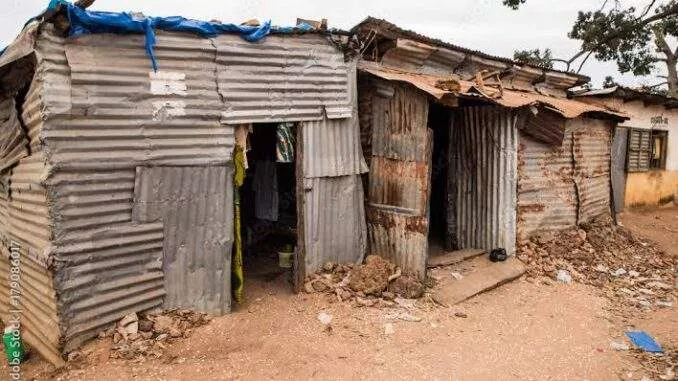
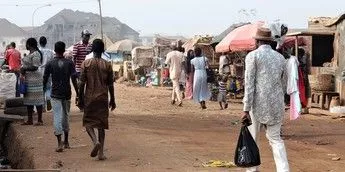
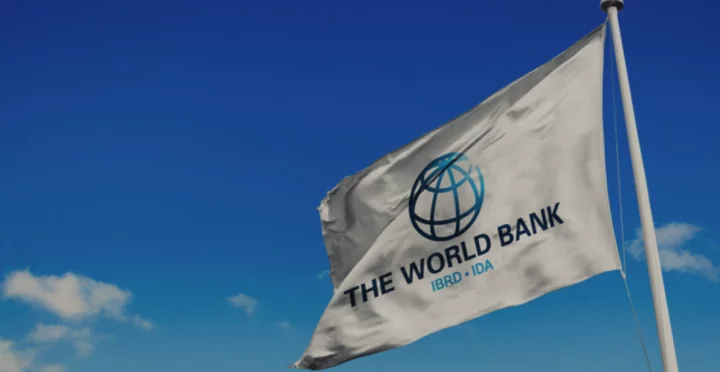

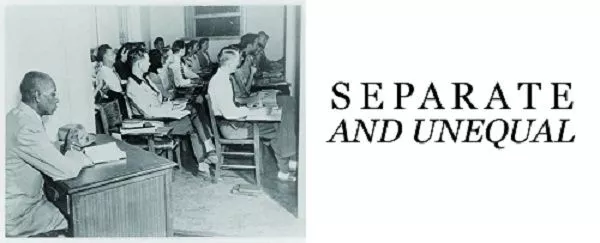






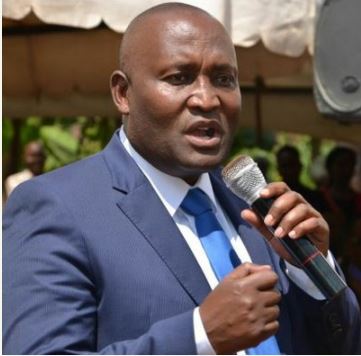


Comments